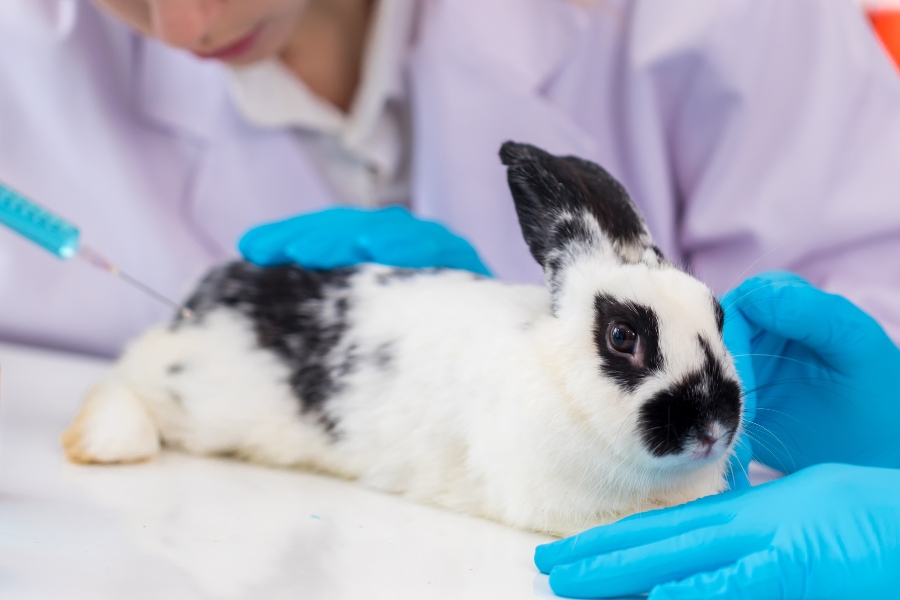It would be safe to say that most people are aware of the health risks associated with Teflon-coated cookware, with many of us looking for alternatives. It is a common question we see in our Facebook Chat Group: What frying pan is the safest to use??
Side note… our answer to that question is always Solidteknics – Aussie-made/owned and made to last generations… you can’t go wrong.
But we digress… back to the Teflon issue at hand.
Unfortunately, cookware is not the only place we should be looking out for Teflon, because can imagine the shock when we saw kids’ school shirts for sale with a big proud: Teflon tag on it. This prompted the question…

Why is Teflon in clothing?
We went straight to the source and jumped on Teflon’s website to find out more about it being used as a fabric protector. This is what was found:
“Teflon™ fabric protector helps fabrics look new longer, which extends their useful lives. Teflon™ fabric protector repels nine times more stains than other stain-repellent technologies. It also successfully removes 95% of all water- and oil-based stains and achieves 25 to 40% faster drying times.”
Sourced from HERE.
Stain-resistant school shirt sounds like a dream! “Stain and oil-resistant and fast drying.”
It’s clearly the selling point here. But knowing what we do about how toxic Teflon is in non-stick cookware it really is a huge red flag 🚩🚩🚩
Fabric sits on our skin all day long, and our skin is the fastest way for our body to absorb anything. Our skin is our largest organ!
Not only that but kids will sweat from a busy school day leading to that wet Teflon fabric absorbing into their skin further, or being used to wipe away sweat from their eyes, face, etc.
Also, plenty of sensory-seeking kids love to suck or chew on their tops or collars as a self-regulating tool.
Label buzzwords to look out for
Our research has determined that clothes being promoted as:
❌ Waterproof
❌ Stain-resistant
❌ Oil-resistant
❌ Dirt-repellent
❌ Fast-drying
Are mostly likely to contain PFAS (Per- and polyfluoroalkyl substances) and probably safer to opt out of such products whenever you can.
PFAS have been linked to not just health concerns in humans but also environmentally as they leak into soil, water, and air; staying in the environment for an unknown amount of time. This is also the case for our bodies with these types of chemicals lingering.
These chemicals are predominately used for the sole purpose of stopping things from sticking, whether that be food to cookware and packaging; or stains to clothing and carpets. Studies are showing that these chemicals don’t break down easily or quickly and can hang around in our bodies and environments for a very long time having impacts on our health. Some even state these can be a forever chemical meaning they’ll never leave our system! 😳
While Australia does have some rules and regulations around the chemicals used in our clothing, as we already know with the food industry, it is not quite at the standard it probably should be, leaving us to make the final decisions and risk assessments for ourselves and our families.
It seems the heaviest regulation is on manufacturers within Australia and not so much on the clothing we import. So much so that it had been noted back in 2014 that in some cases if Australia was to import from a particular country and then wish to return it, that country’s regulations would not allow that product in. That lack of regulation along with the emerging “fast fashion” market being imported from overseas, can we really be sure of what is coming in on our clothing! Making us also wonder, if the regulations are stricter around what is manufactured within Australia, making sure we buy Australian made clothing might be a safer option.
So for now we’ll stay away from these types of toxic clothing and grab organic cotton tees found in an array of stores. We understand some schools have a very strict uniform policy so if you see Teflon in their school uniforms make a difference and email the principal ASAP. Kids (or adults) should not be wearing this chemical.
As we was researching this article we came across this – another win for organic cotton!
Organic cotton is a strong fabric which will last longer than regular cotton. This is because organic cotton fibres aren’t damaged by processing with harsh chemicals and the cotton is often picked by hand rather than by machine, making the fibres stronger and more durable.
We will use our stain remover/laundry soaker recipe on our website which works a treat – give it a try and let us know what you think. If you don’t want to DIY grab the doTERRA laundry powder and use that as your all natural soaker.
Much love,
Team Additive-Free Lifestyle








Leave A Comment